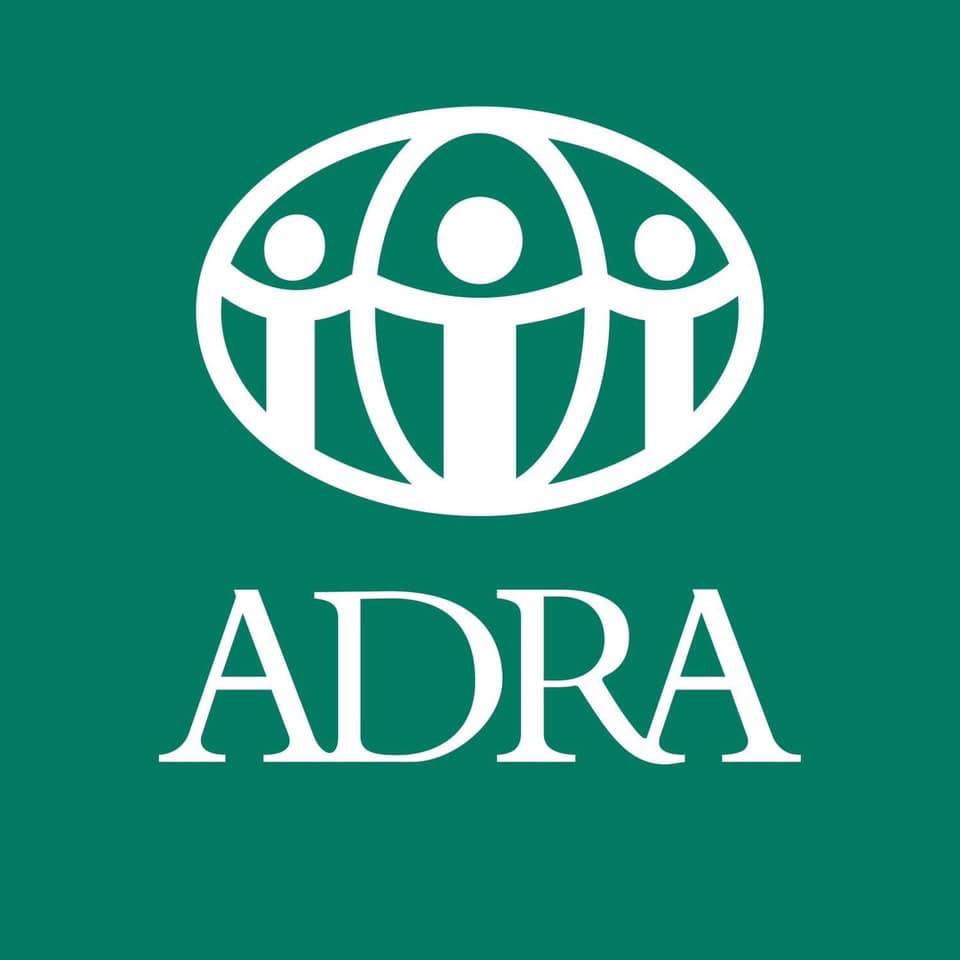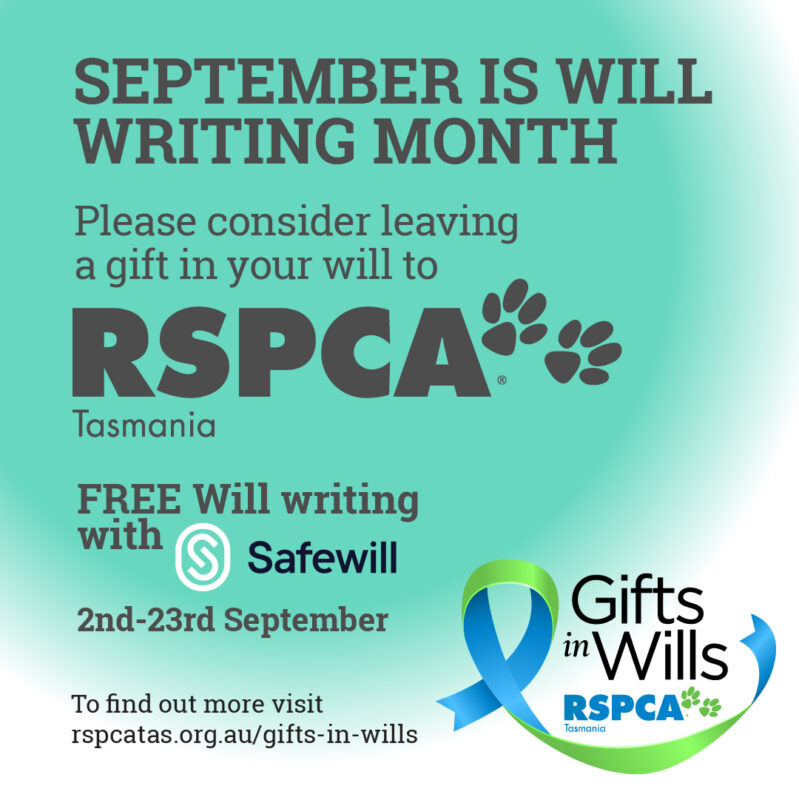Life always has ups and downs, and the Coronavirus pandemic has certainly shown we need to be alert to the ‘unknown unknowns’. Our pets have proven to be the ultimate companions over the past couple of months and we’re sure the feeling is mutual. (Well, maybe not all cats appreciate the additional company!)
Many Australians have even taken this opportunity to welcome a new pet into their home, due to having more time to train and settle their new family member in.
And there are a plethora of reasons why pets make our lives that much happier.
Scientific studies have shown that interacting with animals can help to increase levels of the hormone oxytocin, which is responsible for helping us feel calm and comforted.
This brings many benefits for mental wellbeing, such as improving feelings of loneliness. Pet ownership also improves our physical health by making us more active and decreasing blood pressure.
Jan Davis, CEO of RSPCA Tasmania, says “With restrictions starting to ease and life slowly returning to normal, many of us will soon head back into our workplaces, leaving our pets at home alone for most of the day.”
Although cats are probably ready for their humans to return to work, dogs don’t seem to tire of their owner’s company – and it’s not uncommon for them to suffer from anxiety when left alone, especially if they have become used to having you around all time.
So it is important to also take their health into consideration as we move towards the ‘new normal’.
For any animal that already suffers from anxiety, the transition from working from home back into the workplace will be difficult. Even for pets that have not shown any pre-existing signs of anxiety, being with their pet parent for every hour of the day to suddenly only morning and nights is likely to take an emotional toll on your pet.
Experts recommend establishing a strong daily routine to ensure your pet can have a sense of safe familiarity when you return to the office. This includes eating, interactive playtime, and daily exercise.
In the meantime, the World Health Organisation has officially stated that “there is no evidence that companion animals/ pets such as dogs or cats can be infected with the new coronavirus.” While there’s no need to keep 1.5 metres away from these family members, it is still a good idea to wash your hands after contact with your pets.
“So make the most of cuddles with your companion, regardless of whether they have fur or feathers!” Davis said.
Jan Davis CEO RSPCA Tasmania 0409 004 228
Media Release contact Andrea Dawkins, RSPCA Tasmania :: 0438 346 445























